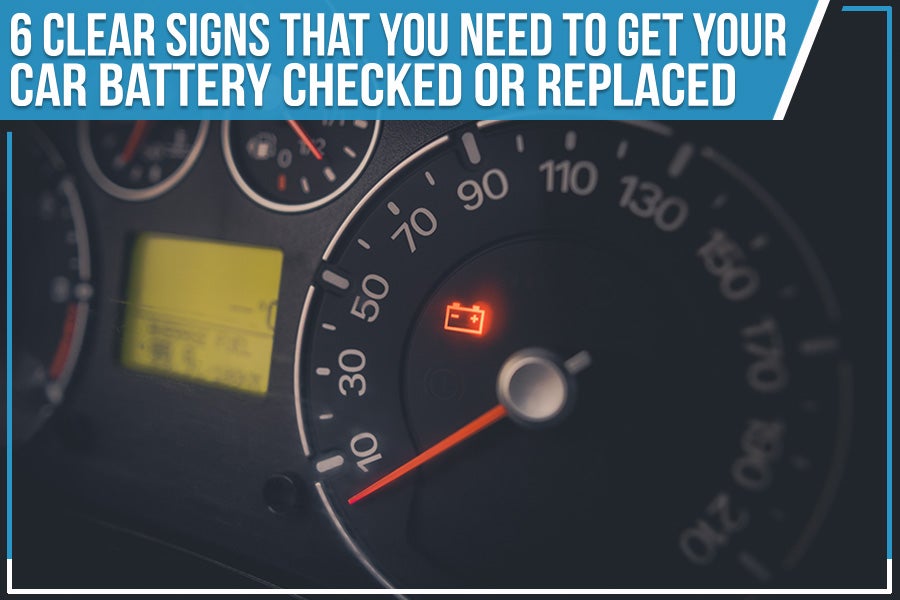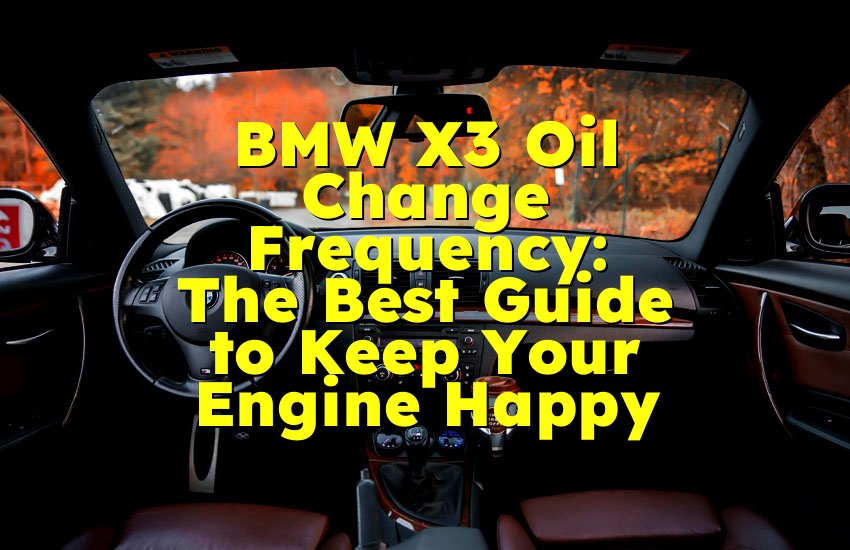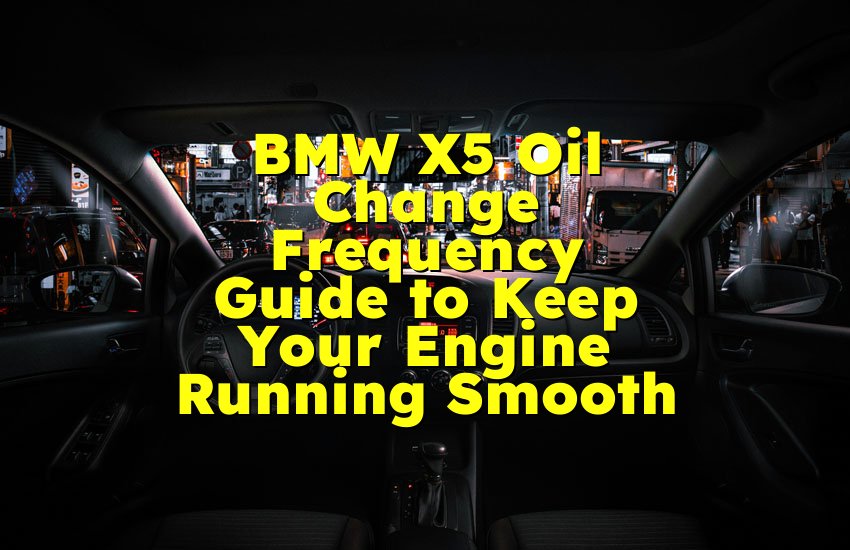As an Amazon Associate, I earn from qualifying purchases at no extra cost to you.
Signs You Need To Have Your Car Battery Replaced : Avoid Getting Stranded!
If your car takes longer to start or the headlights appear dimmer, it’s time to replace the battery. Strange electrical issues may also indicate a dying battery.
Having a reliable car battery is essential for the smooth functioning of your vehicle. Over time, the battery’s capacity decreases, leading to issues such as slow starts and dim lights. Understanding the signs that point to a failing battery can help prevent unexpected breakdowns.
By promptly replacing a deteriorating battery, you can avoid the inconvenience and potential safety hazards associated with a dead battery. This article will highlight the key indicators that suggest it’s time to replace your car battery, ensuring your vehicle remains in optimal condition for your peace of mind.

Credit: medium.com
Importance Of A Healthy Car Battery
A car battery is an essential component of your vehicle’s electrical system. It is responsible for powering the engine, starting the vehicle, and running electrical accessories such as lights, radio, and air conditioning. A healthy car battery ensures that your car functions properly and runs smoothly.
Signs Of A Failing Battery
If you notice any of the following signs, it might be time to replace your car battery:
- Difficulty starting the engine
- Slow cranking or clicking sounds when you turn the key
- Dims or flickering headlights
- Electrical accessories malfunctioning or not working
- Dashboard warning lights appearing
- Corrosion or leakage around the battery terminals
Consequences Of Ignoring Battery Health
Ignoring the health of your car battery can lead to various consequences, including:
- Stalling or breakdowns: A failing battery can leave you stranded in the middle of nowhere or cause unexpected breakdowns, leading to inconvenience and costly repairs.
- Damage to electrical components: A weak battery can cause voltage fluctuations, damaging sensitive electronic components of your vehicle such as the alternator, starter motor, and even the engine control unit.
- Unreliable performance: Starting issues and intermittent electrical malfunctions can significantly affect your car’s performance and compromise your driving experience.
- Inconvenience and unexpected expenses: Running into battery-related problems can be a major inconvenience, disrupting your daily routine and potentially requiring expensive emergency assistance.
Regularly monitoring and maintaining the health of your car battery is crucial to avoid these consequences. By paying attention to the signs of a failing battery and replacing it when necessary, you can ensure a reliable and efficient operation of your vehicle.
Common Signs Of A Failing Car Battery
Recognizing the signs of a failing car battery is crucial for ensuring the smooth operation of your vehicle. Over time, car batteries naturally degrade, leading to various symptoms indicating the need for a replacement. Understanding these signs can help you avoid unexpected breakdowns and stay ahead of potential problems.
Engine Cranks Slowly
One of the most common signs of a failing car battery is when the engine cranks slowly or takes longer than usual to start. When the battery loses its capability to provide sufficient power, the engine struggles to turn over, leading to slow cranking and potential starting issues.
Dashboard Warning Lights
Another indicator of a failing car battery is the illumination of dashboard warning lights. When the battery voltage drops, sensors may trigger warning lights for systems such as the engine, ABS, or traction control. If you notice these lights flickering or staying on, it could be a sign of a weak battery.
Dimming Headlights
Dimming headlights when starting the engine or driving at low speeds can point to a declining car battery. As the battery’s power diminishes, the headlights may appear noticeably dimmer than usual, signaling a potential issue that requires attention.
Physical Inspection Of The Battery
Regularly inspecting your car battery is crucial for its optimal performance and avoiding unexpected breakdowns. A physical inspection allows you to identify any signs of damage or deterioration that may indicate the need for a battery replacement. Here are two key factors to consider during a physical inspection of your car battery:
1. Corrosion On Battery Terminals
Corrosion on battery terminals is a common issue that can affect the overall functionality of your car battery. Battery terminals are the metal connectors located on top of the battery, through which the electrical current flows. Over time, these terminals can accumulate a powdery white, blue, or green substance known as corrosion. This buildup can prevent a strong connection between the battery and the vehicle’s electrical system, leading to power issues.
To inspect your battery terminals for corrosion, follow these steps:
- Open your car’s hood and locate the battery.
- Ensure the engine is off and the car is parked in a safe area.
- Visually examine the battery terminals for any signs of corrosion.
- If you notice a powdery substance on the terminals, take a wire brush and gently scrub off the corrosion.
- Remember to wear protective gloves and eyewear while doing this.
If the corrosion is severe or has caused damage to the battery terminals, it is recommended to have your battery replaced by a professional as soon as possible.
2. Battery Age
Another crucial factor to consider during a physical inspection is the age of your car battery. Like any other component, batteries have a limited lifespan, and exceeding that lifespan can lead to various issues. Most car batteries have an average lifespan of 3 to 5 years, depending on usage and environmental conditions.
To determine the age of your battery, follow these steps:
- Locate the battery’s label or stamp on the casing.
- Look for a combination of numbers and letters.
- The first two digits generally represent the month, and the following two digits represent the year of manufacture.
If your battery is approaching or has exceeded its recommended lifespan, it is advisable to have it replaced to avoid unexpected breakdowns and ensure reliable starting power.

Credit: www.southgateford.net
Testing The Battery Health
Testing the battery health is crucial to determine if it’s time to replace your car battery. Ignoring the signs of a deteriorating battery can lead to unexpected breakdowns and inconvenience. Understanding how to test the battery can save you time and money in the long run.
Using A Multimeter
One of the simplest ways to test your car battery’s health is by using a multimeter. Begin by ensuring the car and all electrical components are turned off. Then, connect the red lead to the positive terminal and the black lead to the negative terminal. Next, check the voltage reading, which should be around 12.6 volts for a fully charged battery. Anything less indicates a need for a replacement.
Taking It To A Professional
If you’re unsure about testing the battery yourself, consider taking it to a professional. An automotive expert can perform a comprehensive battery health check using specialized equipment. This entails assessing the cranking amps and overall condition. This offers an accurate evaluation of the battery’s remaining lifespan and ensures that you make an informed decision regarding its replacement.
Replacing The Battery
Replacing the battery in your car is an essential maintenance task that becomes necessary over time due to wear and tear. Knowing when to replace your car battery can prevent you from being stranded with a vehicle that won’t start. Here are signs that indicate it’s time to replace your car battery:
Diy Battery Replacement
Replacing your car battery yourself can be a straightforward task if you have the necessary tools and knowledge. Here are simple steps to replace your car battery:
- Open the hood and locate the battery.
- Use a wrench to disconnect the negative cable first, followed by the positive cable.
- Remove the old battery and place the new one in the same position.
- Connect the positive cable first, then the negative cable.
- Ensure the connections are secure and apply grease to prevent corrosion.
Seeking Professional Help
If you are unsure about replacing the battery yourself or encounter any issues, it’s best to seek professional help. A skilled technician can ensure the replacement is done correctly and perform any necessary diagnostic checks to ensure your car’s electrical system is functioning optimally. Contacting a professional also ensures that the old battery is correctly disposed of and recycled, in line with environmental regulations.
Choosing The Right Battery
When it’s time to replace your car battery, choosing the right one is crucial. Here are key aspects to consider when selecting a new battery:
Matching Specifications
Ensure the new battery matches your vehicle's specific requirements for size, voltage, and terminal placement.
Quality Vs. Price
Go for a balance between quality and price when selecting a battery. Cheaper options may compromise reliability.
Maintaining A Healthy Battery
Regular maintenance is crucial for a healthy car battery. If you notice signs such as dim headlights, slow engine crank, or a battery warning light, it may be time to replace your car battery.
Regular Inspections
Regularly inspect your car battery for any signs of wear or corrosion to prevent issues.
Maintenance Tips
Maintain a healthy battery by avoiding frequent short trips and ensure it is secured properly.

Credit: autorepairsantafe.com
Conclusion
If you notice slow engine cranking or dimming lights, these signs indicate battery replacement. Don’t ignore warning signals for a smooth driving experience. Addressing battery issues promptly can prevent unexpected breakdowns on the road. Stay proactive for a reliable vehicle performance and peace of mind.











